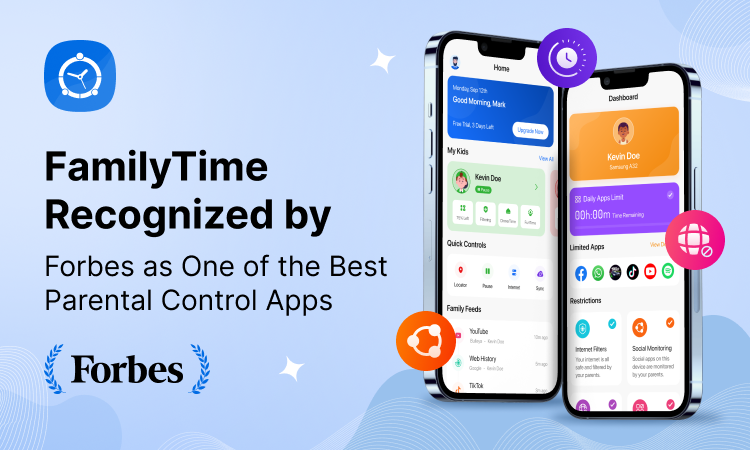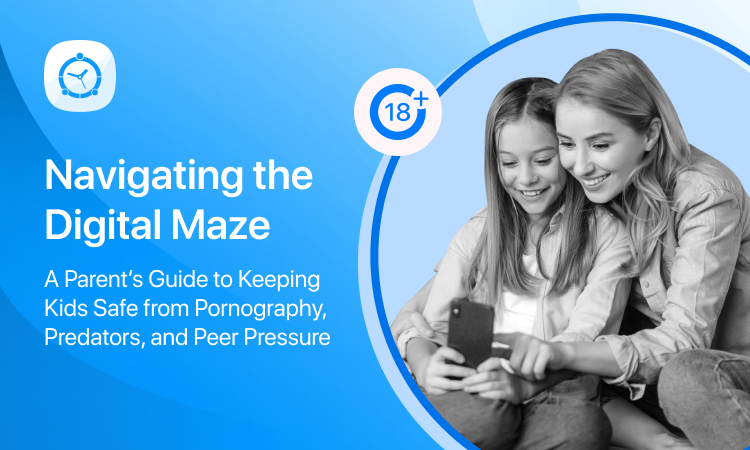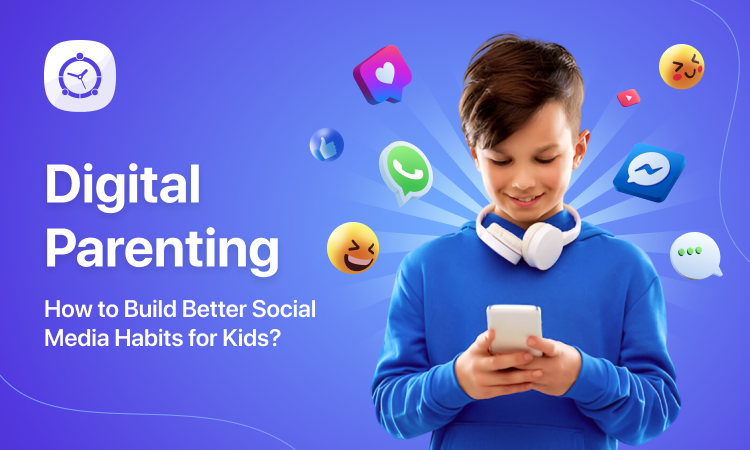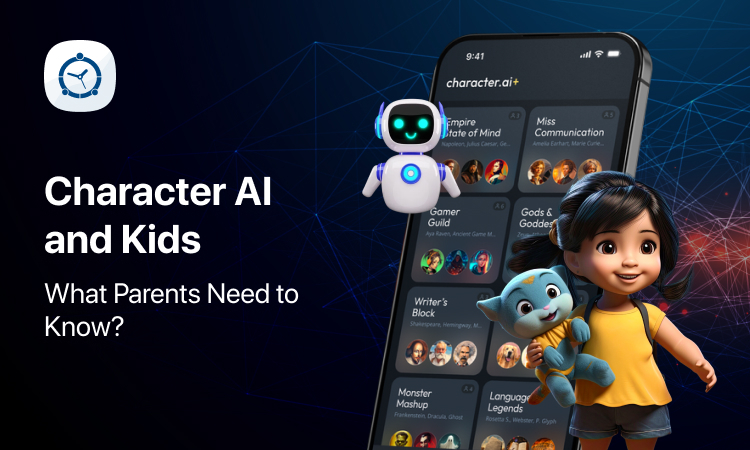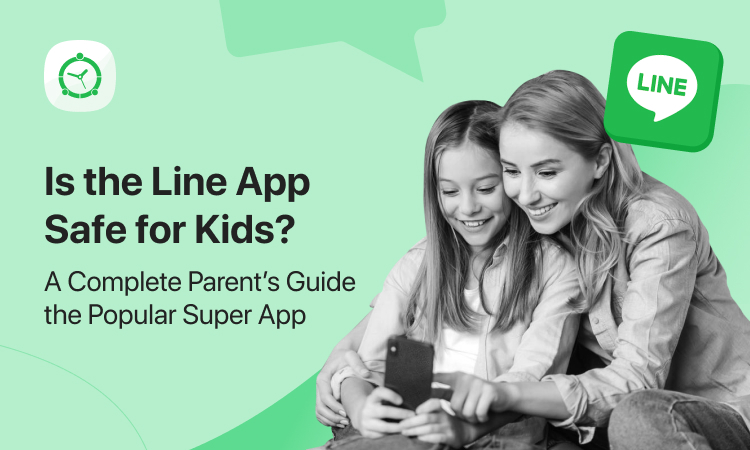Ever feel that your child is restless without their phone? Do they roam around the house with their eyes glued to the phone? Do they even take their phone to the shower with them? You’re always asking them to let go of their phone but they are always like, “I can’t mom I’m doing something important”. If this is an everyday behavior then be aware because your child might have Nomophobia! Nomophobic you’re wondering? Never heard of the term? It is real and it’s a psychological condition!
So, what is nomophobia?
The term nomophobia is a short form of, ‘no+mobile+phone+phobia’. Nomophobia as the term suggests, is the fear of not having your smartphone with you or not being able to use your cell phone for any reason, such as no signals, running out of talktime or low battery.
Teens and the smartphones: the rise of ‘Nomophobia’
The Mobile Mindset Study, has found that 3 out of 5 teens don’t go an hour without checking their phones. More surprisingly, majority of teens develop a psychological attachment to their phones. Almost 94% of teens worry about losing their cell phones, 74% said they panicked when they lost a phone in the past, 14% described their state as ‘desperate’ and 7% as ‘sick’.
A recent study by OnePoll discovered that 66% teens in the UK are nomophobic, it has gotten worse than before in US too; where 65%, or about 2 in every 3 people, sleep with their smart phones on or near bed. 1 in 5 teens would rather go without shoes for a week than take a break from their cell phone! More than 50% never switch off their phone, now that is addiction!
Nomophobia Symptoms:
So if you find your teens glued to their smartphones most of the time then you might want to have a look on these symptoms. A nomophobic child:
- Tends to become restless and short tempered if they don’t have their phone with them.
- Is sleep deprived because of staying up late at night or waking up many times in the middle of the night, to check phone for any notification or text.
- Cannot concentrate on anything but their smartphone.
- Continuously check their phone for messages, in the middle of every other activity.
- Use their smartphone while taking a shower.
- Leaves every task in the middle to reply to a text or a notification.
Ask your teen to take this test to find out if they are not nomophobic, mildly nomophobic, moderately nomophobic or have severe nomophobia.
Time for a digital detox!
According to allaboutcounseling.com, nomophobes can try exposure therapy. The first step is that a person starts imagining what it would be like to be without a phone. The second step is to spend first small amounts and then shift to some hours away from the phone. Here are some self-help ways for your teens to overcome this phobia:
- Make sure your teen balances phone time and one-on-one time each week. For every hour they spend in front of a screen, they spend in real-time interaction.
- Ask them to use an alarm and keep your phone out of your bedroom at night, or at least put it on silent.
- Every day push them to turn their phone off for some hours and ask them to spend time with people face-to-face or simply spend time with themselves.
- Encourage them to go for a technology fast every month. Ask them go for a day or more without any gadget. They’ll feel liberated!
- Ask them to put their phone away while study time, family time and when out with friends.
- If your child is severe nomophobia take professional help. Take them to a psychologist and help them recover.
If your teen has severe nomophobia take professional help!
Severe nomophobia or not you need to tone down your teens screen time. Ask them to decrease their smartphone use and if they don’t listen to you use parental control to lock their phones for as long as you want. Nomophobia is on the rise and while it is important for your children to use technology, it is also important for them to indulge in other activities to.
Encourage them to spend some good old non-tech face time!




